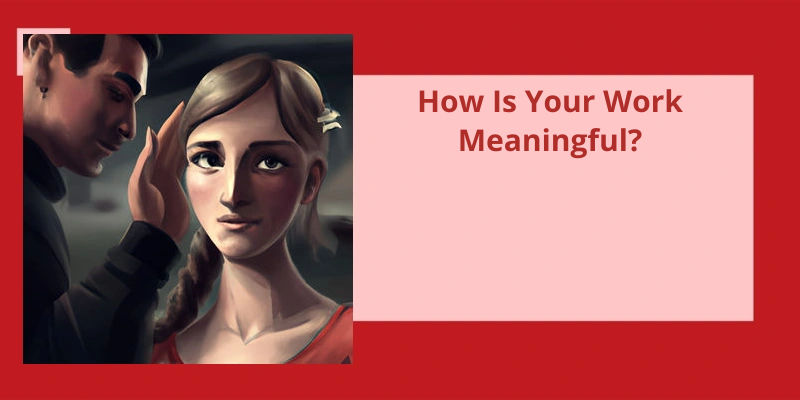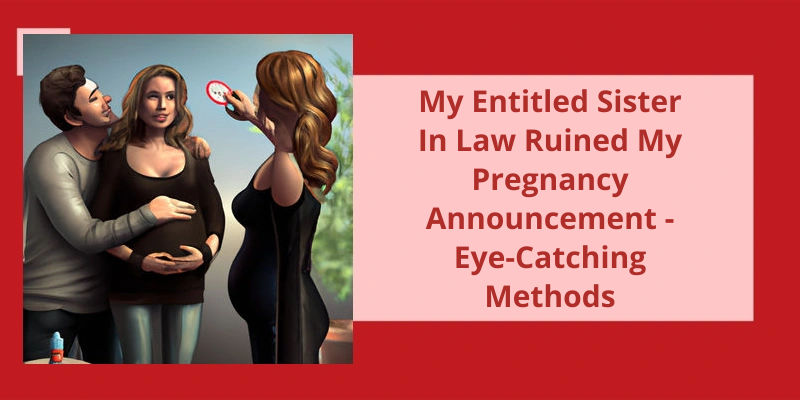"I'll always got your back" is more than just a phrase, it’s a manifestation of an unbreakable bond between two individuals. It’s a commitment that entails loyalty, trust, and support, often represented in a simple gesture of having someone's back. When someone tells you that they’ll always have your back, it means that you can count on them, that they’ll stand by you through thick and thin. It’s a comforting feeling, knowing that there’s someone who’ll go above and beyond to ensure your safety and well-being, even if your back is turned. The phrase itself can be interpreted in different ways, but the essence of it remains the same – you’ve someone who’ll always be there for you."
What Does I Thought You Had My Back Mean?
But what happens when someone says, “I thought you’d my back”? This statement suggests that the person expressing it no longer feels like they can count on the other person in the same way they used to. It’s often used as a way to express disappointment or frustration at a perceived lack of support or loyalty.
It implies a breach of trust, which can be a sensitive topic. It’s important to approach the conversation with an open mind and a willingness to listen to the other persons perspective. Often, miscommunication or a lack of clarity can lead to misunderstandings about what it means to “have someones back.”
It signals a potential breakdown in a relationship or a lack of trust, and it requires open communication and a willingness to work through any issues or misunderstandings. It’s important to listen carefully to what the other person is saying and to try to understand their perspective, even if it differs from your own.
Ultimately, having someones back means being there for them in times of need, providing support and encouragement, and standing up for them when necessary. If someone says “I thought you’d my back,” it’s a sign that they feel like they’re lacking that support in some way. It’s important to work through any issues and clear up any misunderstandings to ensure that the relationship can grow and thrive.
The Types of Behaviors That Demonstrate Having Someone’s Back
Behaviors that demonstrate having someone’s back include supporting them publicly and privately, defending them in their absence, offering help without being asked, providing constructive feedback, and showing loyalty and trust. These can be exhibited through actions such as standing up for someone during a disagreement, keeping their secrets, listening to their concerns, and advocating for their interests. Overall, having someone’s back involves being a dependable and trustworthy ally who actively supports and looks out for their well-being.
Language is fluid and ever-changing, which means that slang terms come and go with cultural trends. One term that’s remained popular among friends and allies is the phrase “I’ve got your back.” However, this phrase has evolved into different slang variations over time, and today we will be looking at one particular solution that’s become prevalent in modern conversation.
What Is Slang for I Got Your Back?
In such situations, having someone to watch your back is crucial for survival. It means that you can trust and rely on the person to cover you from behind, to prevent any surprise attacks or threats. The phrase is commonly used to express solidarity, protection, and loyalty between friends, family, and colleagues.
The term “got your back” has become a slang in many circles, especially in the military, sports, law enforcement, and the entertainment industry. It’s a cool way of saying that youre there for someone, that you support them, and that youve got their interests at heart. It’s often used as a response to someones call for help or reassurance, and it’s seen as a gesture of kindness and empathy.
For example, some people might say “Ive got your six”, which means the same thing as “Ive got your back”, but it’s based on the military clock system, where the 6 oclock position is behind you.
People use it to express their support for causes they believe in, for instance, #blacklivesmatter, #metoo, #lgbtq, etc. By using the hashtag, individuals can show their solidarity with a movement or a person in need, and they can connect with others who share the same values and goals.
It’s a way of saying that you care for someone and that youre ready to help them when they need it the most. Whether it’s in the military, sports, entertainment, or social media, the phrase has evolved to reflect the changing needs and aspirations of our society.
Source: What’s another way to say ‘I’ve got your back’?..
Having someone’s back is an essential part of any healthy relationship, whether it’s a friendship or a professional one. It conveys a sense of support, loyalty, and trust. But sometimes, the phrase “I’ve got your back” can be overused and lose it’s impact. Luckily, there are plenty of creative ways to express the same sentiment without sounding repetitive. Let’s explore some alternative phrases to show someone that you’ve their back, without using the same old cliches.
What Is Another Way to Say I’ve Got Your Back?
When it comes to expressing support and loyalty to someone, sometimes the traditional phrases may not be sufficient enough to convey the full extent of our commitment. For this reason, people may search for alternative ways to say “Ive got your back.”. This phrase typically signifies that we’re standing by someones side, providing them with help and support whenever they need it. It’s a way to show that we’re there for them and that they can depend on us.
Some common alternatives to this phrase include “Ill back you up,” “Im with you,” “Ive got you covered,” and “Im on your side.”. All of these expressions aim to communicate the same sentiment, which is that we’re willing to provide support and assistance whenever it’s needed.
Saying “Ill back you up” is a more direct way of asserting ones support for someone else. This phrase often implies that the speaker is willing to go to great lengths to ensure that the other person has the resources and help they need to succeed. “Im with you” is a more inclusive expression that suggests a sense of shared mission or common purpose. It affirms that we’re on the same team and that we’re working together towards a shared goal.
Similarly, “Ive got you covered” is a way of saying that we’re looking out for someone and keeping them safe. This phrase can be especially useful in situations where the other person may be facing risks or challenges that require additional protection or shielding. Finally, “Im on your side” is another way to express solidarity and loyalty towards someone else. This phrase implies that we’ve taken a firm stance in support of the other person, and that we will continue to stand by them no matter what happens.
Different phrases may be more appropriate depending on the nature of the relationship and the specific needs of the other person. Ultimately, the most important thing is to convey a sense of unwavering support and commitment to the other person, regardless of the exact words or expression used to do so.
Understanding the phrase “I’ll get you back” is a useful tool in communication. It’s important to know the different contexts in which this phrase can be used, whether it’s to repay a debt or to seek retaliation. In the next section, we’ll explore this concept further and discuss different scenarios in which this phrase can be employed.
What Does I’ll Get You Back Mean?
The phrase “Ill get you back” is commonly used in everyday conversations to convey the idea of returning a favor or repaying someones kindness. It’s usually used after someone has shown a small act of kindness or done something nice, indicating that the speaker is grateful and plans to return the favor in some way. The phrase can also be used to indicate that the speaker has been wronged and plans to seek revenge at some point in the future.
It can be used as a humorous way to thank someone for something theyve done, indicating that the speaker isn’t actually planning on doing anything to repay them. However, in most cases, the phrase is used sincerely and indicates a genuine intention to repay the kindness or seek revenge.
Whether it’s used in a playful or serious context, the phrase always carries a certain degree of meaning and intent.
Conclusion
In a world that can often feel unstable and unpredictable, knowing that someone has your back can be an incredibly powerful thing. Whether it's a friend, family member, or partner, having someone who’ll always be there to support you can make all the difference in the world. "I'll always got your back" means just that – someone who’ll stand by you no matter what, ready to help you navigate whatever challenges come your way. It's a testament to the strength of human connection and the enduring power of loyalty and trust. So the next time you hear those words, know that you’ve someone in your corner, ready to fight for you and protect you whenever you need it.






